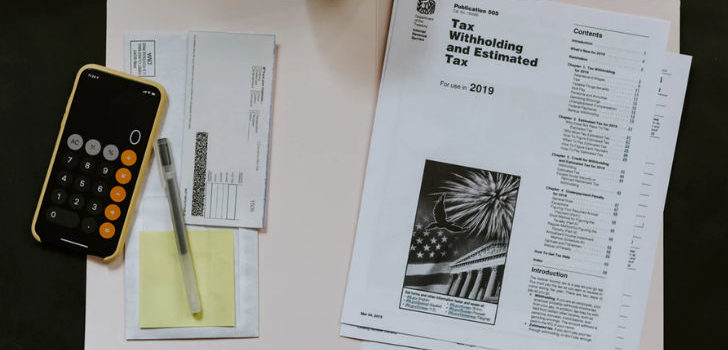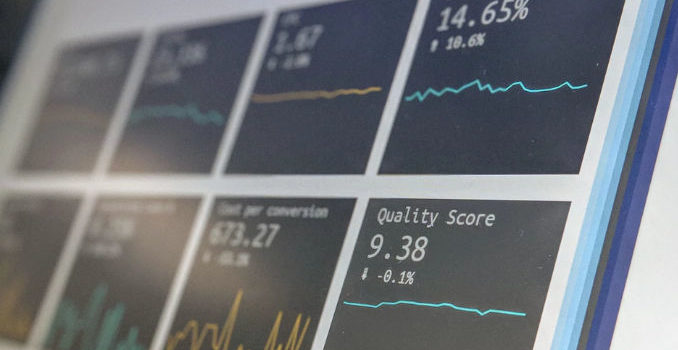So you want to answer your key hypothesis about your product or company. How do you get the right data? Through split testing or A/B testing. Learn the key principles of Split Testing from Lean Startup here.
What Is A/B Testing? (The Lean Startup)


So you want to answer your key hypothesis about your product or company. How do you get the right data? Through split testing or A/B testing. Learn the key principles of Split Testing from Lean Startup here.

In Lean Startup, Eric Ries supports decreasing your batch size. Don’t overinvest in huge feature releases. Release less and more often, and you’ll learn faster.

The final substantive chapter of Lean Startup discusses innovation in a large company and internal startups, in the form of an innovation sandbox. If growth is your goal and you achieve it, you’ll keep growing your startup to 10, 100, 1,000 people. How do you keep innovating to grow new lines of business while keeping existing products competitive? How do you prevent yourself from being bogged down by process?
Freakonomics: A Rogue Economist Explores the Hidden Side of Everything applies the tools of economics to explain real-world phenomena that are not conventionally thought of as “economic.” Authored by Steven D. Levitt and Stephen J. Dubner, Freakonomics argues that data analysis and incentives can explain a lot about human behavior, and that a great deal of what experts and conventional wisdom tell us is wrong. As they explore these themes, the authors give us some powerful—and highly counterintuitive—insights into why the world is the way it is.

What was Snaptax? How did it help file your taxes? What happened to Snaptax today?

You’ve heard about startups building new products and services to change the world. But what, exactly, is a startup? And who are startup founders? Learn the proper definition of startup here – it’s not what you might think.

What is a landing page MVP? How do you build one, and how do you use it to test your key lean startup assumptions? Learn all about landing page MVP’s here, directly from the pages of Lean Startup, with modern advice included.

Who, exactly, is an entrepreneur? Entrepreneurs aren’t just startup founders working out of apartments. Entrepreneurs can also be general managers in large companies charged with creating new ventures or new product lines.

In a lean startup, how do you figure out if you’re actually making progress? It’s with innovation accounting. Learn the principles of innovation accounting here, along with examples.

What is a growth engine in Lean Startup? How does it power your growth so you can build the most valuable and impactful company possible? Learn about the three growth engines here: the Sticky Growth Engine, the Viral Growth Engine, and the Paid Growth Engine.